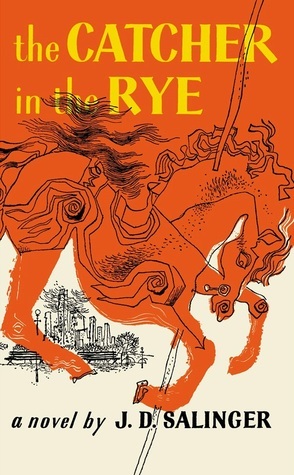Chapter 5: Ellen’s Resistance
byChapter 5 reveals an unprecedented challenge for Em in the dimly lit basement of the Harris household: a captive who refuses nourishment for three days. Ellen Craslow, despite her deteriorating physical state, steadfastly declines the food and water offered to her, a refusal that leaves Em frustrated and perplexed. Unlike previous captives, such as Cary Dressler and Castro, who complied more readily, Ellen’s resistance is something Em has never encountered before, testing the limits of her control and patience.
Ellen, a vegan, seems resolute in her decision, even as dehydration and starvation begin to take their toll on her frail body. Em, attempting to force her into compliance, withholds water, hoping that the lack of sustenance will break Ellen’s resistance. However, Ellen remains unyielding, displaying a calm defiance that baffles Em. The more Em tries to coerce her into eating, the more Ellen’s silence seems to mock her efforts, heightening the tension between the two. Em’s frustration grows, as she is not accustomed to anyone, let alone a prisoner, challenging her authority so thoroughly.
Meanwhile, Rodney, Em’s husband, observes the situation with a more analytical approach. As a biologist and nutritionist, he understands the biological ramifications of Ellen’s refusal, yet his focus is not on the emotional aspects of the situation. Rodney, ever the pragmatist, sees this as a challenge from a biological and psychological perspective. He attempts to reason with Ellen, pointing out the inevitable consequences of her continued refusal, but his approach lacks the emotional charge that drives Em. Where Em views Ellen’s actions as a personal affront, Rodney sees them as an anomaly, a subject who defies the typical patterns they’ve come to rely on in their dark work.
Ellen, however, remains unmoved by both Rodney’s clinical reasoning and Em’s emotional pressure. She continues to endure, her willpower unshaken by the threats or the physical toll of starvation. Her awareness of the fate the Harrises have in mind for her becomes apparent when she correctly identifies the presence of a woodchipper, a tool they likely plan to use to dispose of her body. This revelation not only demonstrates her keen perception but also unnerves Rodney, who begins to see Ellen less as a mere victim to be controlled and more as a complex individual whose resistance might be more psychological than physical. Her ability to remain so composed in the face of such dire circumstances forces the Harrises into an uncomfortable realization that their usual methods may not be enough.
The story shifts between the two captors’ perspectives, revealing a stark contrast between Em’s emotional frustration and Rodney’s clinical detachment. Em grows angrier as the days pass, unable to break Ellen’s spirit, while Rodney becomes increasingly fascinated by the psychological resilience his captive exhibits. This battle of wills plays out in a tense atmosphere, where Ellen’s refusal to eat becomes a symbol of her defiance against the Harrises’ control. Her hunger strike is not just a physical act but a profound statement of autonomy, a refusal to be subdued even in the most harrowing circumstances.
In this chapter, themes of power, control, and human resilience are explored through the dynamics between the captors and their victim. Ellen’s defiance challenges the Harrises’ established methods, forcing them to confront the limits of their authority and the psychological complexities of their captives. As the chapter unfolds, the reader is drawn into the psychological battle at the heart of this grim scenario, where survival is not just about enduring physical hardship but also about resisting the psychological manipulation of the captors. Ellen’s refusal to break, despite her deteriorating condition, makes a powerful statement about the human spirit’s capacity to endure, even when facing overwhelming odds.


